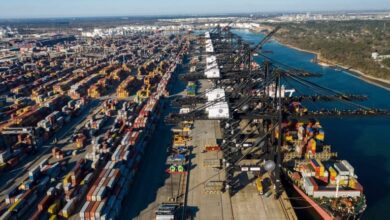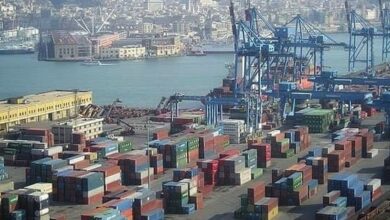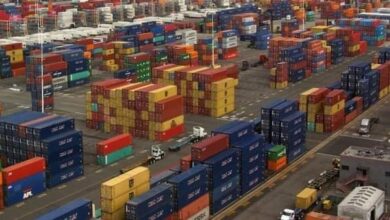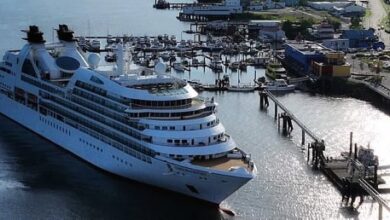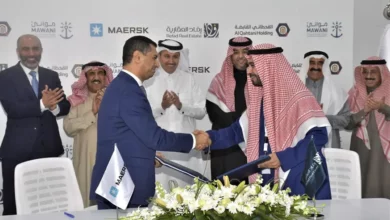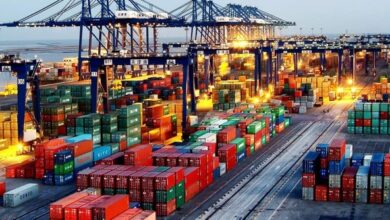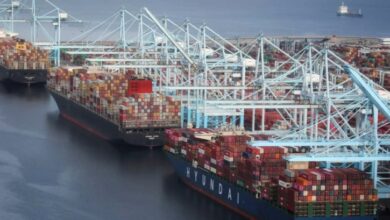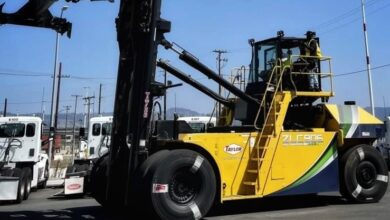Australia Helps Build Port in Tonga, Center of Competition with China
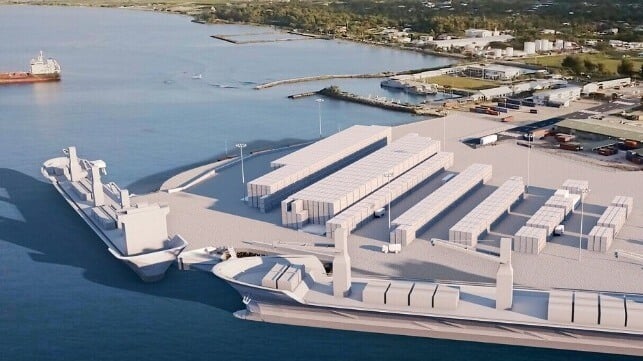
Australia has pledged it will provide $20 million to support much-needed upgrades to Nuku’alofa Port in the Kingdom of Tonga. The Asian Development Bank (ADB) had in 2020 approved a $45 million grant for the project, but a total of $88 million is needed for the completion. Australia has joined as a co-funder together with the government of Tonga.
The project is being built by New Zealand company McConnell Dowell and is due to be completed by mid-2025.
With around 98 percent of Tonga’s imports arriving by sea, Nuku’alofa port is a lifeline for the country. However, lack of maintenance and investment has seen the port’s cargo terminal – Queen Salote International Wharf (QSIW) – deteriorate over time.
The upgrade works are intended to expand the size of the wharfs to accommodate larger vessels. In addition, the project goals also extend to climate-proofing all critical infrastructure of the port.
Besides facing sea level rise now threatening most of the Pacific Island nations, Tonga is in a region vulnerable to natural disasters. The country is in a seismically active area, with earthquakes causing serious damage every 20 years. Tonga is also at high risk of cyclones hitting infrastructure every 1-5 years.
Tonga’s Minister for Infrastructure, Sevenitini Toumo’ua, lauded Australia’s contribution and said it would go a long way in supporting Tonga’s economic recovery and development.
U.S President Joe Biden also recently pledged to provide $200 million to Pacific Island nations. The funds will go into projects aimed at mitigating effects of climate change, countering illegal fishing and spurring economic growth.
According to a new report by the ANZ Bank, the Pacific Islands region faces a substantial infrastructure deficit to the tune of $12 billion through 2030. Climate shocks have caused the bill to skyrocket with roads, ports and telecommunication networks in constant need of repair.
The region is also part of the tug-of-war between China and its Western rivals for geopolitical influence, and Chinese state enterprises have been active in making infrastructure investments of their own in the Pacific Islands. Under the banner of the Belt and Road Initiative, these firms have invested hundreds of millions of dollars per year into roads, bridges, hospitals, industrial parks and other projects throughout the region.
“As China’s engagement in the region has grown, there has been some – from our perspective – increasingly problematic behavior,” U.S. Secretary of State Antony Blinken said during a visit to Tonga in July. He warned of a pattern of “predatory economic activities and also investments that are done in a way that can actually undermine good governance and promote corruption.”




